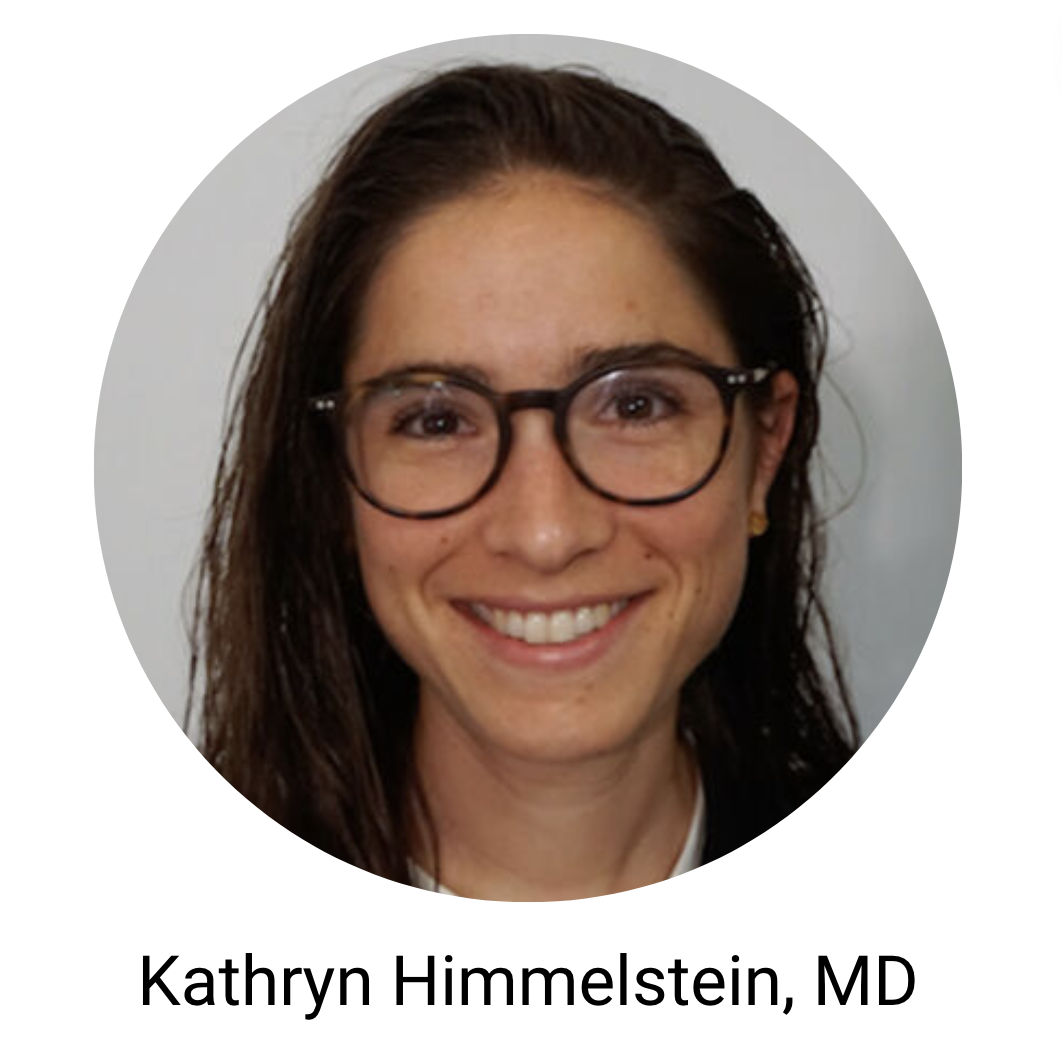NewsJan | 29 | 2024
Research Spotlight: Modeling Study Shows that Policies to Reduce Wealth Inequality Could Improve Health and Life Expectancy of Americans

Kathryn Himmelstein, MD, a clinical and research fellow in the Division of Infectious Diseases at Massachusetts General Hospital, is lead author of a new study in JAMA Internal Medicine, Wealth Redistribution to Extend Longevity in the US.
What was the question you set out to answer with this study?
What are the potential impacts on the health and life expectancy of Americans if the US government implemented a variety of wealth redistribution policies that have been proposed by politicians, social activists and scholars?
What Methods or Approaches Did You Use?
We analyzed nationally-representative data on 35,165 middle- and older-aged Americans who were followed for up to 26 years in the federally-funded Health and Retirement Study.
That study collected detailed data on each person’s wealth (i.e., the net value of their investments, housing equity, vehicles and other assets)—information that is rarely available in health surveys.
We then used simulation models to determine whether more-equitable wealth distributions might lead to greater longevity.
What Did You Find?
We found that Americans’ life expectancy varied greatly with wealth. Among the research subjects, whose average age was 59 at the outset of the study, the wealthiest individuals survived 13.5 years longer than the poorest people.
We then modeled the effects of different policies to narrow US wealth gaps and found that fully equalizing household wealth could increase longevity at midlife by 2.2 years overall.
The poorest individuals experienced the largest benefits—an 8.8 year increase in life expectancy at midlife, on average—and there were no tradeoffs in life expectancy among wealthier individuals.
We also modelled the population health impacts of recently proposed policies, such as the “baby bonds” a proposal by Senator Cory Booker and Representative Ayanna Pressley to give grants to American children that they could use to pay for education and housing at age 18.
We found that baby bonds could increase overall American life expectancy at midlife by one year and could increase longevity for the poorest Americans by 6.4 years.
According to the model’s predictions, White Americans would gain 1.7 years of life expectancy at midlife, while Black Americans would gain four years. As a result, a baby bonds policy could markedly narrow the racial mortality gap.
What are the Implications?
Our findings suggest that policies that distribute wealth more equally could allow all Americans to live longer lives.
What are the Next Steps?
More research is needed to explore the mechanisms by which greater wealth contributes to health and longevity and investigate the effects of wealth transfers to younger people (this study focused on middle aged and older adults).
The study was funded by the National Institute of Allergy and Infectious Diseases.
Paper cited:
Himmelstein KEW, Tsai AC, Venkataramani AS. Wealth Redistribution to Extend Longevity in the US. JAMA Intern Med. Published online January 29, 2024. doi:10.1001/jamainternmed.2023.7975
About the Massachusetts General Hospital
Massachusetts General Hospital, founded in 1811, is the original and largest teaching hospital of Harvard Medical School. The Mass General Research Institute conducts the largest hospital-based research program in the nation, with annual research operations of more than $1 billion and comprises more than 9,500 researchers working across more than 30 institutes, centers and departments. In July 2022, Mass General was named #8 in the U.S. News & World Report list of "America’s Best Hospitals." MGH is a founding member of the Mass General Brigham healthcare system.
Type
Centers and Departments
Topics
Check out the Mass General Research Institute blog
Bench Press highlights the groundbreaking research and boundary-pushing scientists working to improve human health and fight disease.
Support Research at Mass General
Your gift helps fund groundbreaking research aimed at understanding, treating and preventing human disease.
